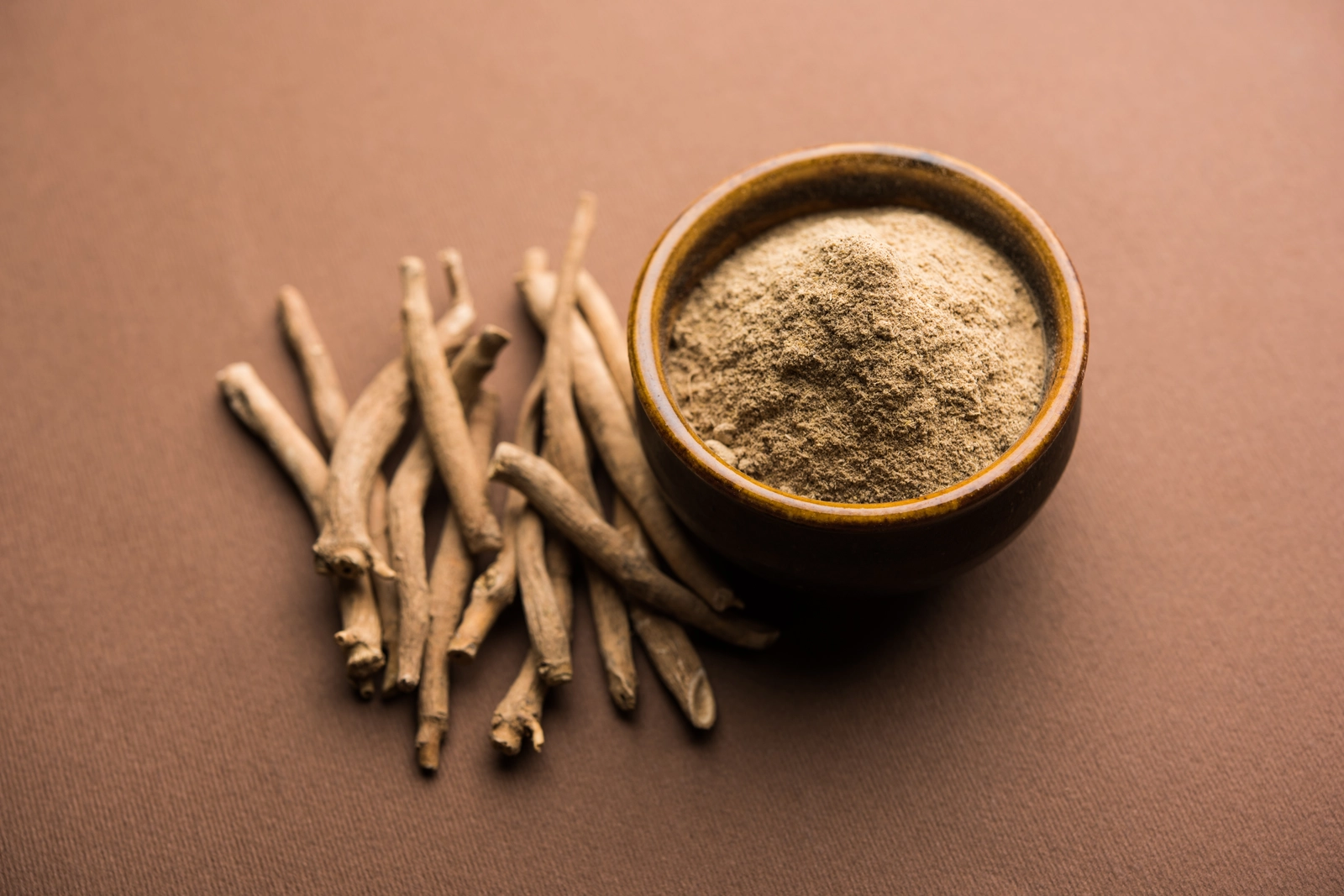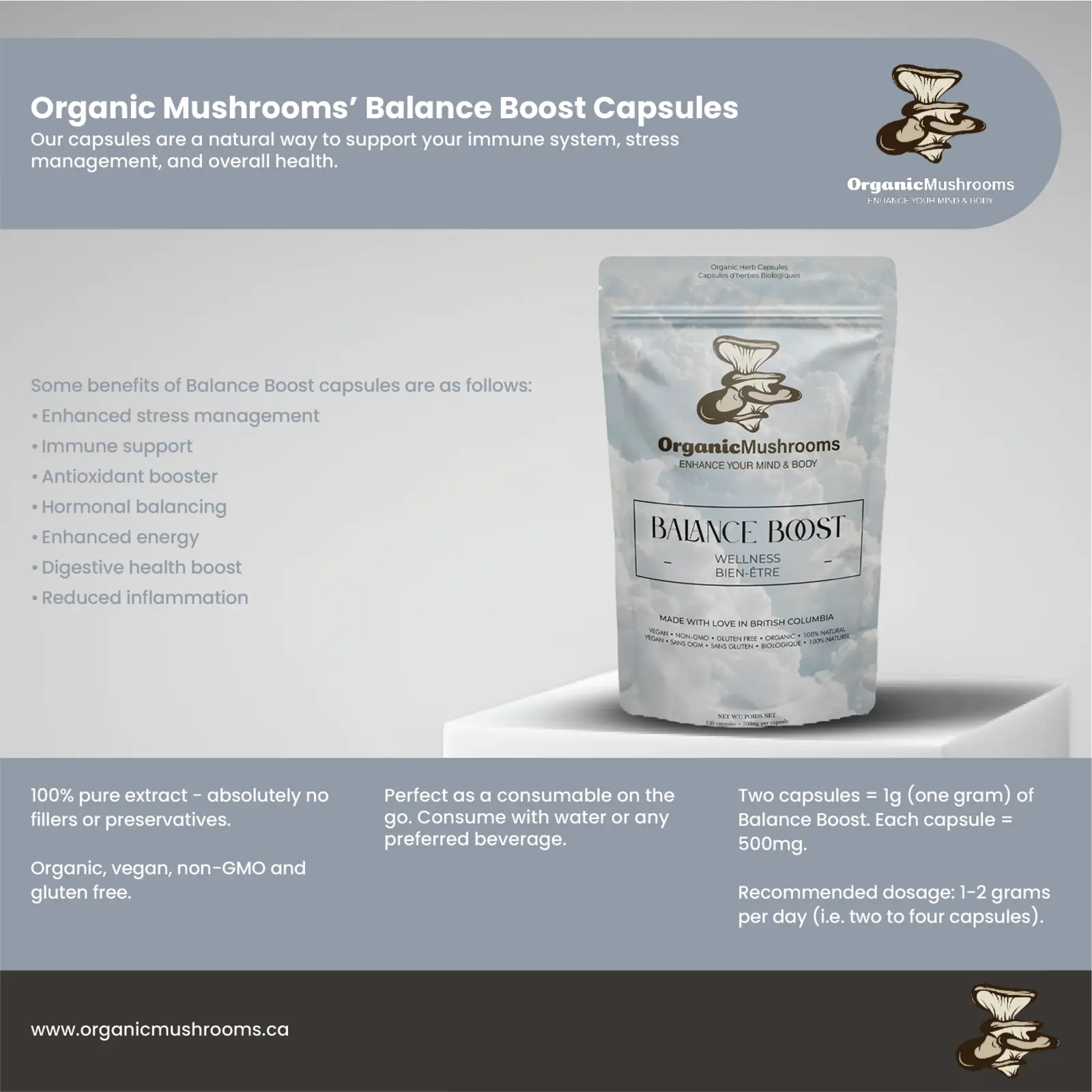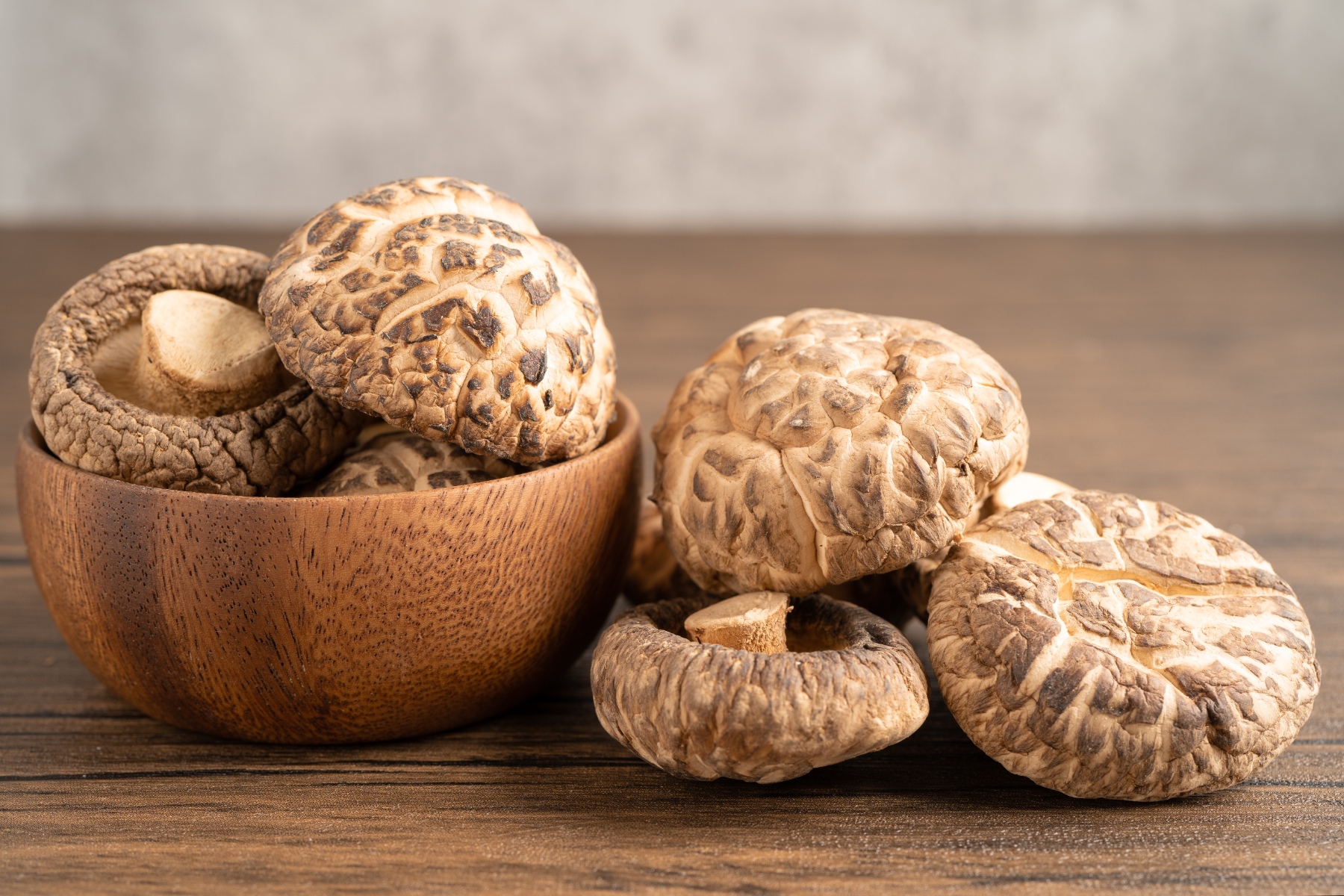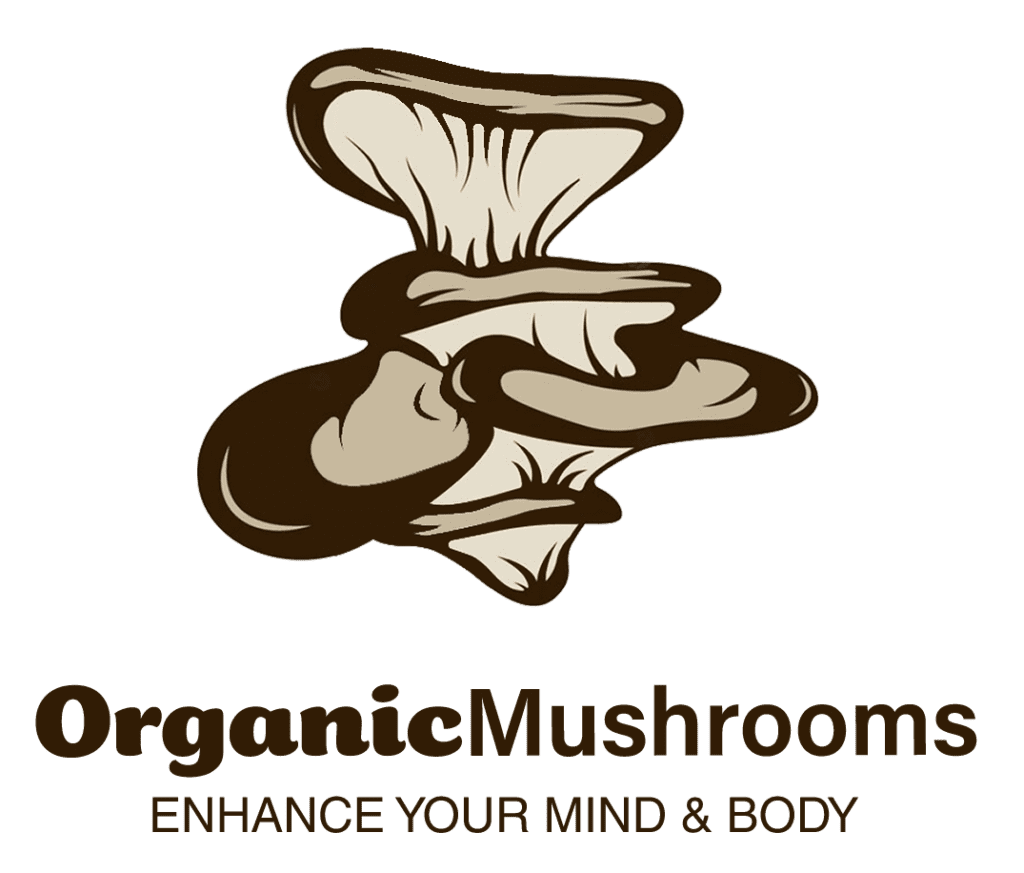Mushroom supplements are known to offer various health benefits, such as helping manage stress. Although scientific evidence on their effectiveness is still limited, many people include functional mushrooms in their diet as supplements daily. At Organic Mushrooms, we believe in the power of functional mushrooms and offer 100% natural extracts of revered functional mushrooms in the form of natural extract powder, capsules, supplement gummies and tinctures. You can learn more about how our supplements are made.
Types of Organic Mushrooms and Their Benefits
Functional mushroom supplements have grown in popularity across Canada. A typical daily intake is around 2 to 3 grams, though it is generally recommended to begin with a lower amount and gradually increase based on personal response. Below are several well-known functional mushrooms and their traditionally recognized properties.
Lion’s Mane (Hericium erinaceus)
Lion’s Mane is widely recognized for its role in supporting brain and nervous system health. It contains naturally occurring compounds such as hericenones and erinacines, which have been studied for their influence on nerve growth factor (NGF). Lion’s Mane is commonly used in wellness routines aimed at maintaining memory, focus, and cognitive clarity. It is also being explored for its potential calming effects and its ability to help support overall mental balance.
Reishi (Ganoderma lucidum)
Often called the “Longevity Mushroom,” Reishi is rich in naturally occurring compounds such as triterpenoids and polysaccharides. Traditionally used in herbal medicine as an adaptogen, Reishi may help the body manage occasional stress and promote relaxation. It is often chosen for supporting restful sleep, emotional balance, and general immune function. Reishi has also been studied for its potential cardiovascular and liver-supportive properties, though more research is needed in these areas.
Cordyceps (Cordyceps militaris)
Known for its association with vitality and stamina, Cordyceps has been used in traditional wellness practices to support physical endurance. It is often included in supplement routines aimed at maintaining natural energy levels and helping the body manage physical stress. Cordyceps is also studied for its potential impact on immune function and antioxidant activity. It may support overall vitality when used consistently as part of a healthy lifestyle.
Maitake (Grifola frondosa)
Sometimes referred to as the “Dancing Mushroom,” Maitake is valued for its content of beta-glucans and other polysaccharides. These compounds are linked to immune system support and antioxidant activity. Maitake is commonly included in wellness routines to support general health, metabolic balance, and digestive wellness.
Chaga (Inonotus obliquus)
Chaga is celebrated for its antioxidant content, including melanin and superoxide dismutase (SOD). These compounds are known to support cellular protection and the body’s ability to handle oxidative stress. Chaga is often used in traditional wellness approaches to support skin health, immune balance, and digestive comfort. While more research is ongoing, it is a popular choice in antioxidant-focused wellness products.
Turkey Tail (Trametes versicolor)
Turkey Tail is rich in beta-glucans and has long been used in traditional medicine for its immune-supportive properties. It is often used as a supplement to promote natural resilience, especially during times of seasonal change or increased stress. Ongoing research is exploring its role in digestive wellness and immune modulation.
Shiitake (Lentinula edodes)
Shiitake mushrooms are well-known for their culinary value and wellness-supportive properties. They contain bioactive compounds that may help support immune function and cardiovascular health. Shiitake is often used to help maintain energy levels and promote healthy skin and digestion as part of a balanced lifestyle.
Potential Risks and Side Effects
Most mushroom supplements are generally well-tolerated, but some individuals may experience side effects. These may include:
- Dry mouth
- Itchiness
- Gastrointestinal upset
- Mild allergic reactions
Functional mushrooms may also interact with certain medications. For example:
- Reishi and Chaga may affect blood clotting and should be used with caution if you are taking blood thinners.
- Reishi may lower blood pressure, so it is not recommended for individuals on blood pressure medications without supervision.
- Those with diabetes should speak to a healthcare provider, as some mushrooms may affect blood sugar levels.
- Pregnant or breastfeeding individuals should consult a physician before use.
How to Choose a Quality Mushroom Supplement
When selecting a mushroom supplement, consider the following:
- Type of Mushroom: Choose a mushroom based on your wellness goals.
- Medical Conditions: Speak to your doctor if you are on medication or managing a health condition.
- Purity: Look for certified organic products that are free from fillers, heavy metals, and contaminants.
- Extract Ratio: This shows the concentration. A 10:1 extract ratio means 10 parts of mushroom were used to produce 1 part of extract. Organic Mushrooms products are made using a 10:1 extract ratio.
- Beta-Glucan Content: Aim for products that disclose beta-glucan levels. A good benchmark is 25–30%. Organic Mushrooms supplements are third-party tested and verified for beta-glucan content.
Final Thoughts
Incorporating functional mushrooms into your routine is a simple and natural way to support your wellness journey. A daily dose of 2 to 3 grams of extract is typical, but always consult your healthcare provider before introducing new supplements, especially if you have underlying conditions or are making changes to your wellness routine.





